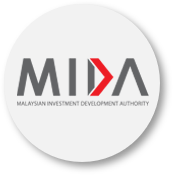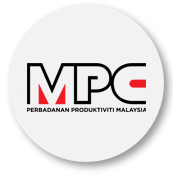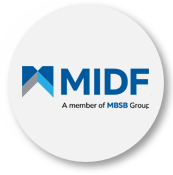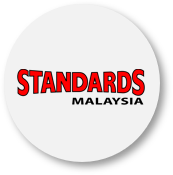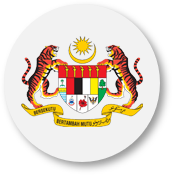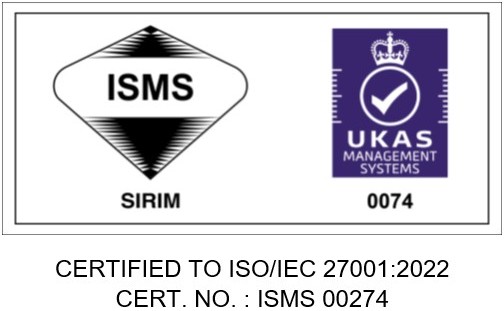- Agriculture remains a top priority within the WTO, as advancements in this area can significantly enhance the functioning of global food and agriculture markets. Efforts focus on addressing and preventing restrictions and distortions in international trade.
- Negotiations have been intensified on seven agricultural trade topics, namely public stockholding for food security purposes, trade-distorting domestic subsidies, cotton, market access, special safeguard mechanism, export competition, export restrictions and prohibition, as well as transparency – a cross-cutting issue.
- The 12th Ministerial Conference in 2022 adopted the Declaration on the emergency response to food insecurity, as well as the decision on exempting World Food Programme (WFP) humanitarian food purchases from export prohibitions or restrictions.
- Both respond to demands from the international community for immediate actions by members to address the impacts of food shortages and rising food prices on the most vulnerable (especially the developing and least-developed) countries. The Declaration also underlines the commitment by WTO Members to take concrete steps to facilitate trade in improving global food security and the functioning and resilience of global food markets.
- The key issues in agriculture negotiations - Domestic Support, Market Access, and Export Competition – remain unresolved. Members are actively seeking innovative solutions to bridge these gaps and advance discussions on critical topics, particularly the Special Safeguard Mechanism and Public Stockholding for Food Security.
- Developing countries and least-developed countries (LDCs) represent over two-thirds of WTO membership. They are entitled to flexibilities provided under the WTO agreements' special provisions, in recognition of the link between trade and development. LDCs are accorded with wider flexibilities under these provisions in applying WTO rules. The work on trade and development is overseen by the Committee on Trade and Development.
- The special and differential provisions include permitting preferential market access for developing countries and LDCs and longer transition periods for them to implement WTO agreements. The aim is to help developing countries and LDCs to increase trade opportunities and safeguard trade interests.
- Since 2001, trade ministers have adopted several development-related decisions, including:
- MC6 (2005): Aid for Trade initiative which aims to help mobilise resources to address the trade-related constraints identified by developing countries; and members also pledged to provide duty-free and quota-free market access to LDCs.
- MC9 (2013): ‘Monitoring Mechanism’ on special and differential treatment, under which members may review special provisions for developing countries.
- MC10 (2015): Six ministerial decisions on agriculture, cotton and several initiatives in favour of LDCs were adopted as part of the “Nairobi Package”. These include a commitment to abolish subsidies for farm exports, a longstanding demand by developing countries to level the playing field in international farm trade.
- MC12 (2022): Reaffirm the commitments of Members to the Work Programme on Small Economies, which seeks to address specific challenges that small economies face in integrating into the world trading system.
- At the MC13 (2024), Members agreed on a Declaration to improve the implementation of S&DT provisions in a manner that is precise, effective and operational, especially in the areas of Sanitary and Phytosanitary (SPS) and Technical Barriers to Trade (TBT). The Declaration intends to improve the utilisation of S&DT provisions by developing countries and LDCs to enable them to fulfil their WTO commitments, exercise their rights, and better integrate into the global trade.
- Members have agreed on specific measures to facilitate a smooth transition for Least Developed Countries (LDCs) upon graduation. These include retaining benefits under Article 24 of the DSU ("Special Procedures Involving LDCs") and continued access to LDC-specific technical assistance and capacity-building programs for up to three years post-graduation.
- WTO Agreement on Fisheries Subsidies, adopted at the 12th Ministerial Conference on 17 June 2022, marks a major step forward for ocean sustainability by prohibiting harmful fisheries subsidies which contribute to the widespread depletion of the world’s fish stocks. It is the first WTO multilateral agreement with the inclusion of the environmental sustainability provisions. It is also a major milestone for the WTO as the second agreement to be concluded since its inception.
- The Agreement sets new global rules to curb harmful subsidies and protect global fish stocks while recognising the needs of fishers in developing and least-developed countries (LDCs). The agreement prohibits support for illegal, unreported and unregulated (IUU) fishing, bans support for fishing in overfished stocks, as well as curbing subsidies for fishing on the unregulated high seas.
- Members also agreed at the 12th Ministerial Conference in 2022 to continue negotiations on outstanding issues, with a view to making recommendations by MC13 for additional provisions that would further enhance the disciplines of the Agreement. Although the ‘second wave’ negotiations were not concluded at MC13, significant progress was made in narrowing differences, setting a strong foundation for future discussions.
- For the Agreement to become operational, two-thirds of members are required to deposit their instruments of acceptance (IoA) with the WTO. Malaysia has also ratified the Agreement by submitting its IoA on 26 February 2024 at MC13 in Abu Dhabi, underscoring the country's commitment to sustainable fishing practices on a global scale.
- The push for WTO reform has gained momentum in recent years, reflecting the four general concerns:
- Challenges WTO members face in initiating, negotiating and concluding trade agreements, both for outstanding issues as well as for new issues;
- Need to strengthen the work of the WTO's regular bodies and committees as well as strengthen notification and transparency disciplines under existing agreements;
- Question of whether, and to what extent, the WTO's more advanced emerging economies should take on greater obligations under the WTO agreements, and whether existing special and differential treatment provisions for developing and least developed countries are sufficient or effective; and
- Improvements to the WTO's dispute settlement system and resolving the impasse on the appointment of new Appellate Body members.
- Ministers at MC13 delivered a strong political message to renew the MC12 mandate on the reform of the WTO’s dispute settlement system, with a commitment to accelerate discussions in an inclusive and transparent manner. They emphasised the importance of building on the progress made so far while addressing unresolved issues, including those related to appeals, reviews, and accessibility, with the goal of establishing a fully functional dispute settlement system accessible to all Members by 2024.
- In response to the impact of COVID-19, the 12th Ministerial Conference in 2022 adopted the Declaration on WTO response to the current and future pandemics. This includes a waiver on COVID-19 vaccines. The TRIPS Council negotiated on a possible extension of the scope of the waiver to cover the production and supply of COVID-19 diagnostics and therapeutics, however, no consensus has been reached to-date, on this matter.
- At the 13th Ministerial Conference in February 2024, it was decided that the TRIPS Council shall continue its examination of the TRIPS Non-Violation and Situation Complaints (NVSC)’s scope and modalities for complaints provided for under subparagraphs 1(b) and 1(c) of Article XXIII of GATT 1994 and make recommendations to the 14th Ministerial Conference.
- It was further agreed that, in the meantime, Members will not initiate complaints under the TRIPS Agreement.
- The Trade Facilitation Agreement (TFA) entered into force on 22 February 2017 after two-thirds of the WTO membership ratified it. The TFA contains provisions for expediting the movement, release and clearance of goods, including goods in transit. It also sets out measures for effective cooperation between customs and other appropriate authorities on trade facilitation and customs compliance issues. Additionally, it also provides technical assistance and capacity building and special and differential treatment to address the needs and requirement of developing countries and LDCs in implementing the Agreement.
- Malaysia ratified the TFA on 26 May 2015 and has fully implemented her commitments in June 2021. The monitoring of Malaysia’s implementation of the TFA is under the purview of the National Committee on Trade Facilitation which is co-chaired by MITI and the Royal Malaysian Customs Department (RMCD).
- The status and progress of implementation of the WTO Trade Facilitation Agreement (TFA) are tracked and reflected on the TFA Facility website. The site offers resources like country profiles, implementation timelines and progress reports, which track how different WTO Members are meeting their commitments under the Agreement. It also reflects data on technical assistance provided, notifications and overall progress toward facilitating international trade.







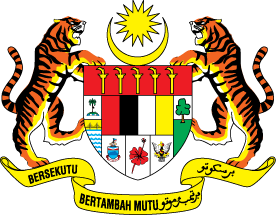





 Home
Home








